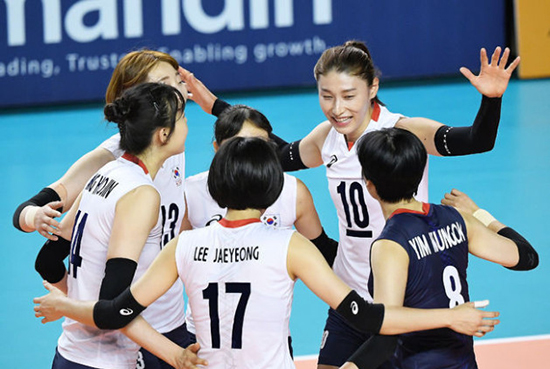
Heroes The Tokyo Olympics is over. It was full of controversy and blunders even after the one-year postponement.
Amid some of the worst Korea-Japan relations in recent history, talks of a summit fell short as the Japanese government refused Korea’s offer for its president to visit if he and Japan’s prime minister would discuss current issues, insisting that the subject of talks be limited to the Olympic games.
The Olympics cost more than $15.4 Billion. This includes the extra $3 billion it cost to postpone the games a full year.
They were originally going to accept only 10,000 spectators, and the ticket for the Games and 17-day-stay was going to cost about $40,000 per person. One of my acquaintances was disappointed because they didn’t get in. But in the end, the Olympic games ended up not allowing any spectators.
I don’t expect people to remember this, but I remember the time that Japan was selected as the host of Olympics for the second time. March 2011, a powerful tsunami devastated eastern Japan, villages were gone, and tens of thousands of people lost their lives.
Then, the world was moved by their patience and attitude toward the unexpected ordeal. Some people said that the Japanese were indeed the evolved human race.
Someone lined up in front of supermarket and handed their share of groceries to those next in line after being unable to get groceries for more than a month. A man swallowed his tears and kept himself busy with rescuing other people even after his pregnant wife was swept away by the tsunami.
Then, I wrote 250 poems, and went over to that village for a special documentary with KBS team, and saw with my own eyes the bleak landscape of villages and houses that had been swept away. When that story was aired for several months – not just a day or two – people from advanced countries like Europe and the U.S. came to feel sympathy because of the attitude and heart they saw.
I thought that this must have helped Japan’s landing the highly coveted role of hosting the Olympics games. Maybe that’s not true, but that’s what I thought then.
And now I realize that it’s not right to jump with joy for a wish granted, or to cry over failing to host the Olympics.
Japan would have given their all to the event, like we did for 1988 Seoul Olympics for almost a decade; and my conclusion is that it was good that they did this: for the viewers from the world including me, and especially for the athletes that participated.
No one could go outside due to COVID-19 and everyone was fatigued with the heat. The athletes, who had trained with all their heart and energy for the past 5 years, “would have had to wait another four years had these games been canceled.
It healed people, who were tired for various reasons.
A long time ago, I came back from Washington on vacation to find the country excited for the Seoul Olympics. A well-known writer, I remember, wrote that Korea was living like there was no tomorrow after 1988.
During the summer of 2008, I would watch the Beijing Olympics games every day from my hotel in Paris. The Olympic Games are a global festival that comes every four years, drawing the humankind closer in the increasingly smaller world.
Probably people well-versed in sports were familiar with them, but a lot of the athletes that participated in the Olympics games – whether they were Korean or not – were new to me.
When I went to Tokyo before COVID-19, I saw that they covered numerous participants on TV every day. I wished that Korea would cover participating athletes way before Olympics to boost their morale. Maybe careful attention like that helped Japan reach the third place this time. In Korea, we don’t get introduced to the athletes until the Olympics season, and even that is limited to those who are thought to have a chance in winning medals. But people are not moved just by prize money.
In the worst environment with the Delta variant raging across the world and amid fierce competition, they poured all their fervor, passion and energy – whether they won medals or not. It was moving and comforting. They were truly heroes, giving a ray of hope. I am a bit sorry because had it not been for COVID-19, I would have gone to Tokyo to taste the air of the Olympics with people whether I had tickets or not.
Now it’s the Paralympics.
In the past, the closing ceremony of Olympics was thought to be “the end”. People would go back to their everyday lives and viewing rate for Paralympics would be down. But this time will be different.
As people can’t go anywhere due to Delta variant, people have grown mature, become more considerate – including myself – through the long toil and ordeal. I’ve come to be thankful for ordinary life, and am more considerate of the handicapped and the underprivileged. So I am expecting to be moved even more.
For whatever reasons, viewing rate for Paralympic games will be highest ever. | 



